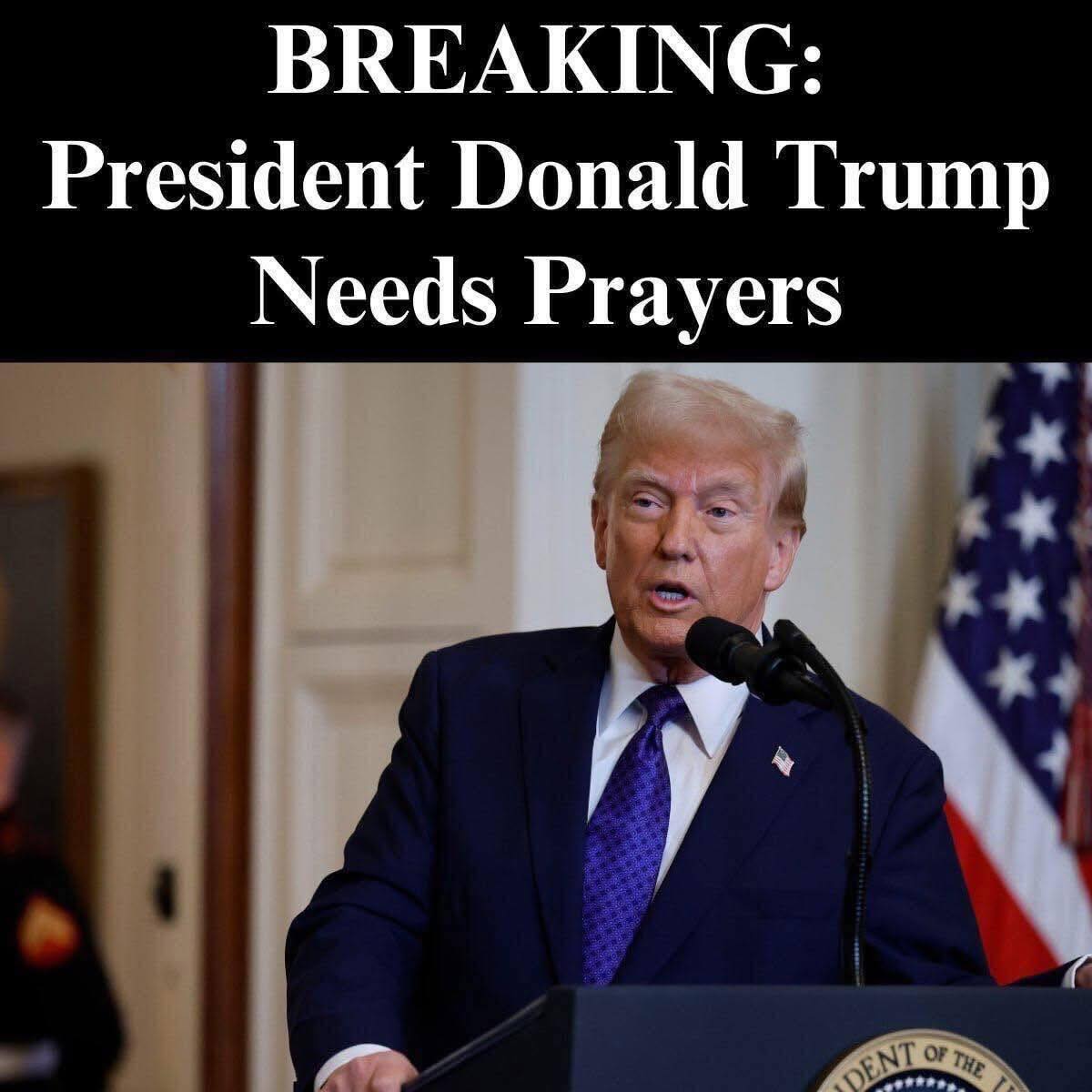Top officials in President Donald Trump’s administration have identified fentanyl and transnational drug cartels as the most urgent threats to U.S. national security, according to a new report presented to the Senate Intelligence Committee.
During a hearing on Tuesday, Director of National Intelligence Tulsi Gabbard highlighted that more than 54,000 American lives were lost to synthetic opioids like fentanyl in the 12-month period ending in October 2024. The data, she said, reflects the growing toll of international drug trafficking networks on American communities.
A slightly lower estimate—52,000 fentanyl-related deaths—was cited in the U.S. Intelligence Community’s Annual Threat Assessment for 2025, which was released earlier this week.
Overall, the Centers for Disease Control and Prevention (CDC) reported that approximately 84,000 Americans died from overdoses linked to fentanyl, methamphetamines, and other illicit substances during the same timeframe.
Focus Shifts to Mexican Cartels and Chinese Chemical Exports
Senator Tom Cotton (R-AR), chair of the Senate Intelligence Committee, emphasized the administration’s renewed focus on drug-related threats, noting that this year marks the first time the national threat assessment placed international drug cartels at the top of the list.
Cotton singled out Mexican-based drug syndicates, which rely heavily on precursor chemicals manufactured in China to produce synthetic opioids. “Foreign drug actors have become one of the most significant dangers to American lives,” he said.
This shift in focus elevates the drug crisis above other longstanding national security concerns, including cyber threats and geopolitical tensions with Iran, North Korea, and Russia.
Additional Scrutiny Amid Yemen Messaging Controversy
Despite the strong messaging from intelligence officials, the hearing was partially overshadowed by controversy over the use of encrypted messaging apps by U.S. personnel involved in planning a bombing mission in Yemen.
Reports that civilian Trump administration officials used the Signal app to discuss military actions have raised questions about communication protocols and security compliance within the administration.
Still, the primary focus of the hearing remained on the rising death toll from fentanyl and the U.S. strategy to curb its flow across borders.
Growing U.S.-China Tensions Over Chemical Exports
During the hearing, Senator Cotton pressed intelligence leaders on whether China is doing enough to stop the export of industrial chemicals that serve as key ingredients in synthetic opioid production.
Fentanyl first emerged as a street drug in the U.S. in 2012 and quickly became the leading cause of opioid-related deaths, surpassing heroin and prescription painkillers. Efforts to disrupt its distribution have become a centerpiece of Trump’s domestic security agenda during his second term.
The Trump administration has vowed to work closely with international partners and border enforcement agencies to crack down on the supply chain—from chemical exporters to cartel operatives—to combat the worsening overdose crisis.
